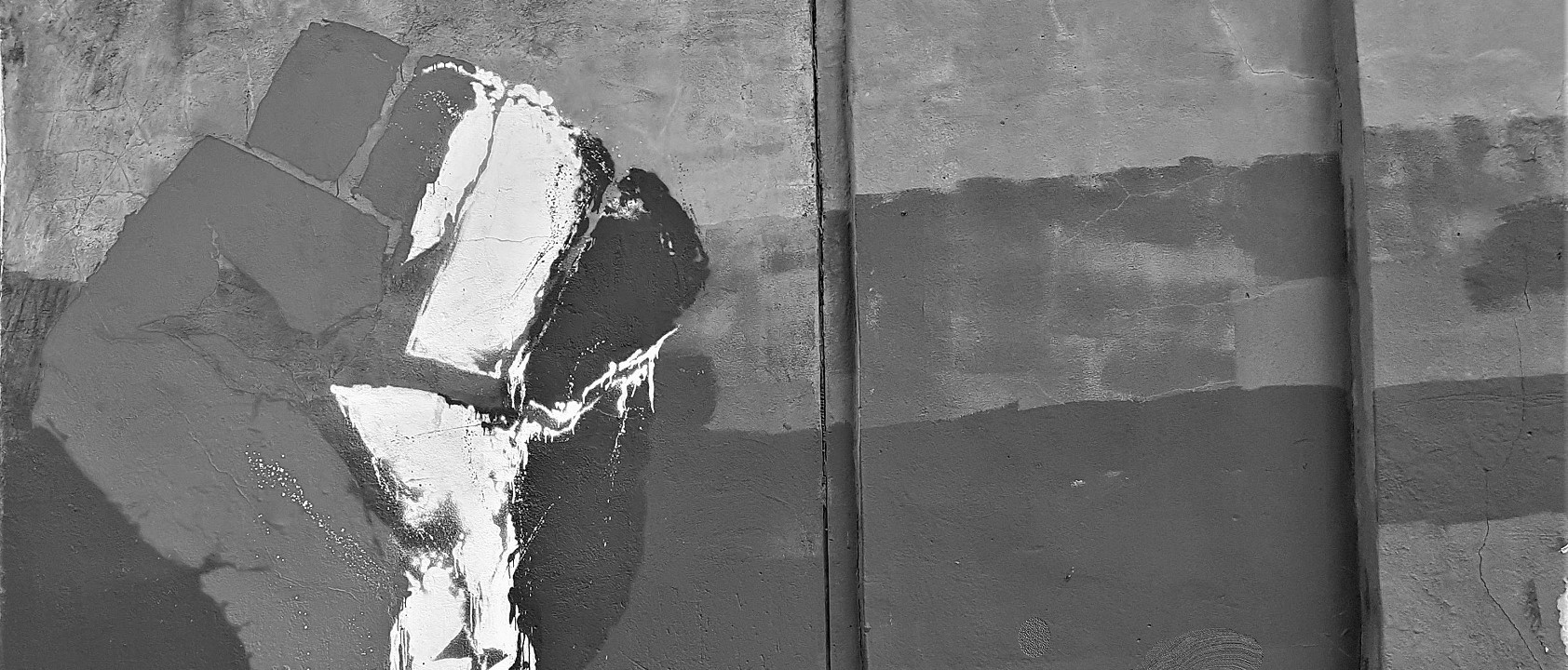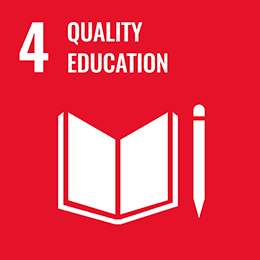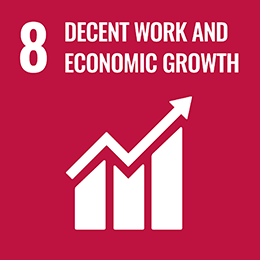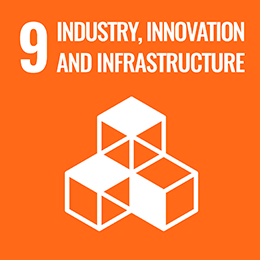Vive La France

Share this article
World Cup, What Next?
“The object in life is not to be on the side of the majority, but to escape finding oneself in the ranks of the insane” - Marcus Aurelius
Allez Les Bleus! They won the world cup. Now, can Emmanuel Macron do for the country what Didier Deschamps has done for their soccer team? If he can, he’ll be doing a favour for Europe and (possibly) for the rest of the world.
To do so, Macron will have to succeed in reorganising the welfare state¹, which is one of the most generous in Europe, and transform an economy that is famously inflexible – against a backdrop of endlessly striking unions² wielding a power vastly disproportionate to their membership numbers. And then there’s the European-wide issue of immigration and integration, perhaps more acute in France³ than elsewhere.
In his 1998 book, On the Brink, Jonathan Fenby posited that France was a country who had lost its identity and was unsure of its place in the world. He was already worried by the unintegrated status of the Muslim immigrant population; a foreshadowing of Michel Houllebecq’s 2015 novel Submission, whose imagining of a future France where the intellectual and political elite had opted for Shariah government was hammered home by the Charlie Hebdo live attack in Paris on the same day as the book’s launch.
None of this would have surprised Charles de Gaulle, the architect of the current Fifth Republic, who when debating withdrawal from Algeria in 1959 said, “It is very good that there are yellow Frenchmen, black Frenchmen, brown Frenchmen. They prove that France is open to all races and that she has a universal mission. But [it is good] on condition that they remain a small minority. Otherwise, France would no longer be France. We are, after all, primarily a European people of the white race, Greek and Latin culture, and the Christian religion”.
De Gaulle then went on to question whether or not France could feasibly integrate a Muslim population of 10 million. Currently, citizens of Muslim extraction account for around 7%-9% of the total population, which means France has up to six million Muslim citizens. So, De Gaulle’s rhetorical question will need to be answered soon enough, according to the Pew Research Center’s study.
Perhaps this is one reason why French domestic politics show the same signs of lower and middle-class despair and nascent populism as elsewhere. In the first round of the 2017 Presidential election the combined score of Melenchon’s extreme left and Le Pen’s extreme right parties was just shy of 41%, whilst the ultimate winner, President Macron polled only 24%.
But the French political elite have a healthy disregard for the vox populis. For all of their criticisms of British exceptionalism, the French voted only narrowly for the ratification of the treaty of Maastricht in 1992 and conclusively against the European constitution in May 2005. Nevertheless, this latter popular vote has been widely ignored by both right and left wing governments, who remain committed to the idea that their future is at the heart of Europe.
Today, an overwhelming sense of self satisfaction that (since well before De Gaulle) is the hallmark of many leading French politicians is certainly present in the persona of Monsieur “don’t call me Manu” Macron.
But rather than pay excessive lip-service to the notion of a republic, Macron has publicly stated that the gap in the collective French psyche is the persona of a monarch and has set about using all of the regal trappings of State4 as a backdrop to his presidency.
This may horrify his former colleagues in the (now imploded) centre left, but his Jupitarian style seems to be working, or at least not obviously failing. Even if today Macron’s approval ratings stand at only 32%, as the political landscape internationally is increasingly dominated by ‘strong’ populist leaders, is adopting a regal-republic approach just smart positioning?
To win his battle and raise his approval rating something has to change. Domestically, France may not be the happiest of the European nations, although perhaps temporarily less so after their World Cup win, but it is still somewhat bewildering, given the diversity of natural and man-made beauty inside l'Hexagone that is France.
Their education system might explain this. Tested from the age of three, children waddle to school like a turn of turtles, weighed down by rucksacks full of school books to be berated for the fact that that they only got 16 out of 20, unlike Charles or Charlotte, their Anglo-Saxon counterparts, who are encouraged to do better next time.
Success and progression are based on examination results rather than on the belief in universal education. Napoleon built an education system in his own image and he wanted artillery officers – so mathematics was (and remains) the priority.
So what has France done with their conveyor belt of precise Cartesian minds? They invented a number of everyday objects such as Braille, the hairdryer, the bicycle, the pencil sharpener, the stethoscope, the Dassault Rafale among the world’s best fighter planes, and a pre-internet open network in the shape of the comically under-commercialised, Minitel.
While thanks to Nicole el Karoui, France produces the best quantitative analysts, it is the rest of the world that is benefiting as derivative traders flooded to London and Silicon Valley, the latter which now has more than 60,000 French citizens5 in residence there.
The flip side of this brain drain is that for the net-recipients of state largesse, France is a paradise. France’s public finances are widely seen as defying economic logic. The cost of the beautiful and highly effective TGV network is a staggering €46.6 billion debt burden for the SNCF alone. And Macron also has the welfare budget in his sights, with good reason. It costs 56% of GDP to run the state.
France’s greatest challenge, however, is reforming the historically inflexible (and costly) labour market. This spring’s rolling strikes by the SNCF workers has been described as President Macron’s ‘Thatcher Moment’ as he looks to find an accommodation with his intransigent trade unions, suspicious of his socialist credentials and background as a banker.
Public support for the rail workers whose protected status features a retirement age of 50 for drivers and 58 for all other staff has remained weak. As we enter summer, the disruption feared has largely not materialised, suggesting a certain lack of resolve on the part of organised labour. Or perhaps superior media manipulation by the government, presenting the strikers as part of an outdated, negative France; not the ‘Future France’ of the President’s imagining.
Thatcher’s revolution (and the basis of Sir Keith Joseph’s philosophical guidance) was not principally based on crushing organised labour, so much as freeing the entrepreneurial class to be, well, entrepreneurial. By freeing them, the Tories then hoped to free the working class from a cycle of destructive welfare-dependency.
Macron, like the leaders of many European countries, has put in place fiscal deals attempting to lure non-citizens to ‘business friendly’ France6. Until now, the UK has managed to portray itself as the hub for trading, investment and innovative industries. But President Macron has rightly identified this as an area at which France should (given her education system) excel. Post Brexit, France will get that opportunity7.
Maybe France’s domestic policy will fail under pressure from the temptation to appease (or worse, ignore) her growing Muslim population or inability to liberalise her economy where the overwhelming majority are employed (directly and indirectly) by the state. And maybe, too, the state is a poor allocator of private resources.
But at least in France, the state counts for something and has clear view of its role. British politics often resembles governance by focus group and American politics, the ultimate triumph of special interests and pork barrel politics.
Re-working Steve Job’s famous dictum, “it’s not the voter’s job to know what they want”, French politicians plough on with large multi-generational projects (their nuclear policy, infrastructure and commitment to Europe), echoing Plato’s own suspicions about entrusting the vote to the feckless public.
There are clearly some projects that are best served (because of scale, term and complexity) by the state. In the US, this is purely military. France, on the other hand sees its role to be providing infrastructure, education and protectionism of key industries.
Whether or not President George W Bush actually said “the trouble with the French is that they don’t have a word for entrepreneur” to then Prime Minister Tony Blair, the irony of this statement masks a deeper truth: the French do have the word and the entrepreneurial talent. It is just that many of them have chosen to make their careers outside France. But what if they all came home? What if France DID become a European Silicon Valley?
But it is perhaps French foreign policy to which the world will be more indebted. As America and the western world increasingly leans toward a union of strong leaders backed by populist crowds, France’s natural instinct to march in the opposite direction from the Anglo Saxons, which combined with the country’s mild disdain for the vox populis, may see her as a haven of sanity in the rocky road ahead.
In this respect, France has status that few other countries possess, for it is the only major nation able credibly to stand up to America’s various foreign policy folies de grandeurs.
In the film Le Quai d’Orsay, a hyperactive, grandstanding foreign minister (Thierry l’Hermite playing Dominique de Villepin) addicted to quoting Marcus Aurelius, entrusts the writing of his speech to NATO to a young speechwriter. It is a side project. But, as the world now knows (but has already forgotten) it turned into an accurate, glorious and positive ‘calling out’ of the US over their plan to invade Iraq off the back of their alleged possession of weapons of mass destruction.
The French Army was branded “cheese eating surrender monkeys” and French fries were rebranded ‘freedom fries’, but with the trademarkable Gallic shrug of indifference the French stuck to their position, confident that history would prove them right. And so it has.
Either way, in a world of newly returned dispersion, would you rather buy government debt from France, Italy, Greece, or (post-Brexit), Britain? And if finance is increasingly a fusion of art (qualitative) and science (quantitative) would you bet against a Finanzplatz Paris?
Omar Ayache
Photo: © Niki Natarajan 2017
Artist: Artful Dodger
¹ France sets two-year goal to overhaul welfare (03.09.2017), Financial Times
² Emmanuel Macron seizes moment to take on French unions (09.03.2018) Financial Times
³ Macron government plans to tighten immigration policy (18.12.2017), Financial Times
4 Emmanuel Macron takes lessons from the Sun King (12.06.2017), Financial Times
5 François Hollande targets Silicon Valley ‘brain drain’ (11.02.2014), Financial Times
6 Macron Sparkes return of ‘Les Pigeons’ (13.12.2017), Financial Times
7 Emmanuel Macron thinks big in vision for French tech unicorns (20.08.2017), Financial Times
Article for information only. All content is created and published by CdR Capital SA. The views and opinions expressed in this article are those of the author(s). Information on this website is only directed at professional, institutional or qualified investors and is not suitable for retail investors. None of the material contained on this website is intended to constitute an offer to sell, or an invitation or solicitation of an offer to buy any product or service. Nothing in this website, or article, should be construed as investment, tax, legal or other advice.
Related articles
In Vino Veritas
Burgundy vs Bordeaux could be the least of the fine wine industry’s problems if Hong Kong’s political situation, Brexit and President Trump’s tariffs of 25% on French, German and Spanish wines continue. Could the global wine market be facing headwinds?

Fashion Footprint
As Fashion Week draws to a close, the $2.4 trillion industry that employs some 60 million people and creates 100 billion garments a year is embracing a new trend. From Green Carpet Awards to a G7 Fashion Pact, fashion is minimising its carbon footprint.

Social Fabric
Efficient high-speed French TGV trains with posters showing how to help an old lady with her bags. But arrive in Paris and scooters and pushbikes whizz towards the same old lady. No signs saying it is not permitted, so the assumption is that it’s OK.





